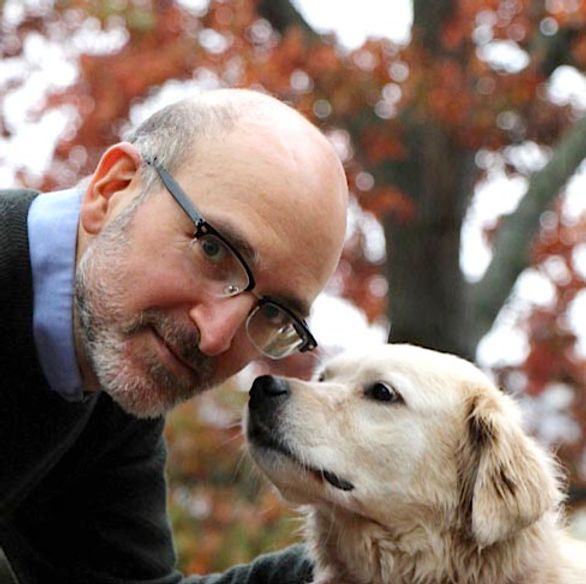We are delighted to announce that Dr. Daniel Promislow has joined the core HALo Faculty at the University of Washington. Dr. Promislow has worked for over 25 years on the biology of aging, and brings to UW his expertise in quantitative genetics, biodemography, and comparative systems and theoretical biology in aging research. Starting out at the University of Chicago, from which he graduated Phi Beta Kappa and Sigma Xi, Dr. Promislow won a Rhodes Scholarship to attend Oxford University, where he earned his doctoral degree in 1990. It was during his graduate work that he began his work on aging, publishing the first definitive comparative evidence that aging is widespread in natural populations, contrary to popular belief at the time. He then carried out post-doctoral work at Queen’s University in Canada, and at the University of Minnesota. It was during this time that he began studying the genetics of aging in the fruit fly, a widely used model system in aging research. Dr. Promislow moved to the Department of Genetics at the University of Georgia in 1995, becoming a full professor in 2006. In July, 2013, he moved to the University of Washington, where he has appointments as Professor in the Department of Pathology in the School of Medicine, and in the Department of Biology in the College of Arts and Sciences.
Dr. Promislow is an internationally recognized researcher in the aging field. Recognition for his work on aging includes an Ellison Medical Foundation Senior Scholar award, a Creative Research Medal from the University of Georgia, and election as a Fellow of the American Association for the Advancement of Science.
Dr. Promislow is notable for his ability to combine fundamental evolutionary concepts that explain why we age, with modern systems biology approaches to better understand how we age. His work centers on the problem of understanding the genetic basis of aging in natural, genetically variable populations, trying to determine whether genes that have been shown in lab-adapted, inbred organisms can account for the variation in rates of aging that we see in natural populations, including humans. The gap between genotype and phenotype is large and complex. Dr. Promislow is leading the way in the use of metabolomics—the study of all the small molecules that circulate within an organism—as a bridge to link genes with rates of aging in natural populations. This systems biology, but he has been able to translate these approaches to aging studies began with his work in flies, but translates to studies of the aging metabolome in mice, marmosets, and even humans.
Dr. Promislow is also the Director of the newly established Canine Longevity Consortium. He is spearheading a national consortium of scientists and veterinarians whose aim is to carry out a long-term longitudinal study of aging in domestic dogs. This work has tremendous potential to help us better understand the causes and consequences of aging not only in dogs, but also in humans, given that dogs suffer from a very large number of the same diseases as humans, they live in our environment, and medical care for dogs is second only to humans.
